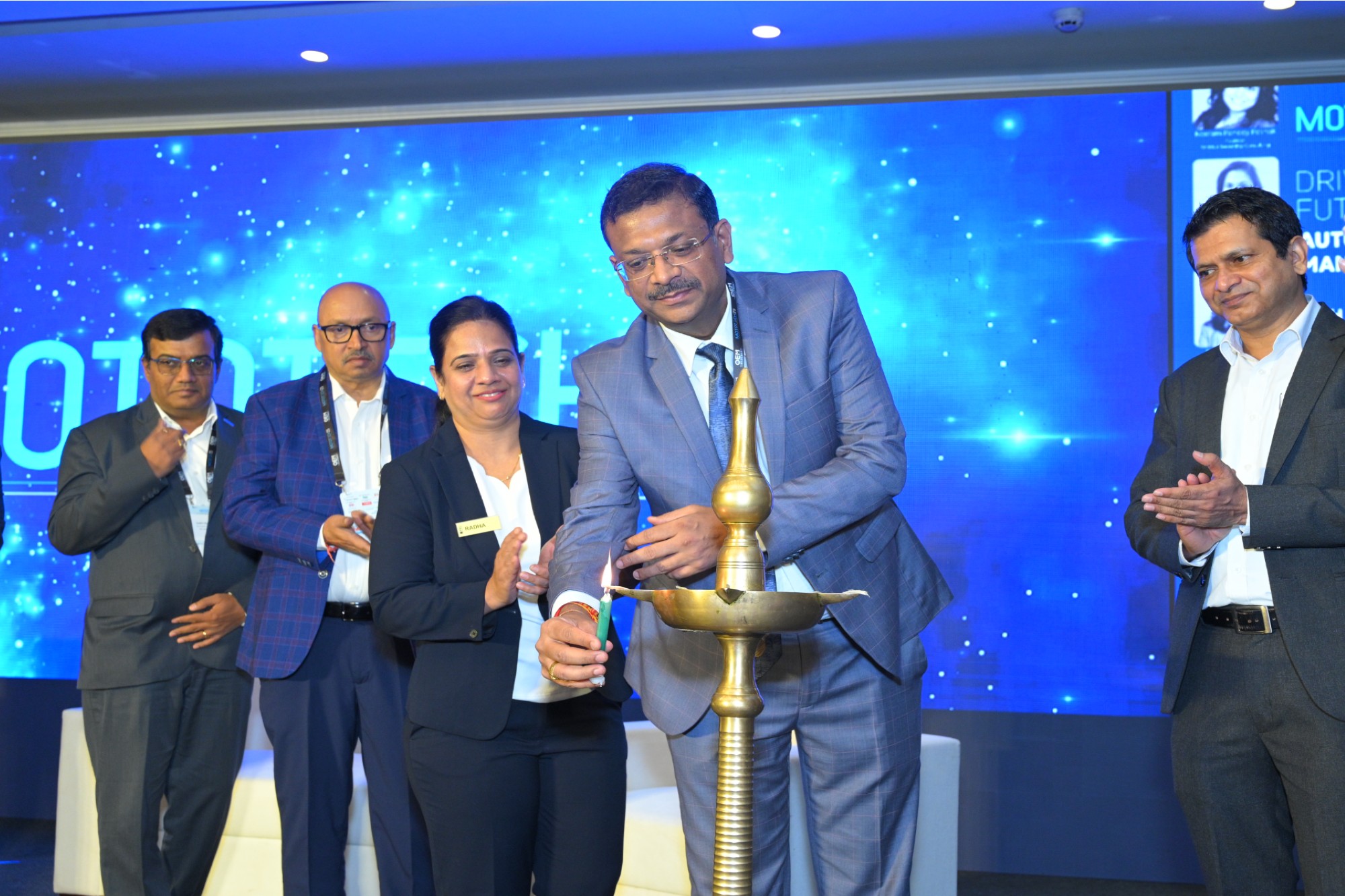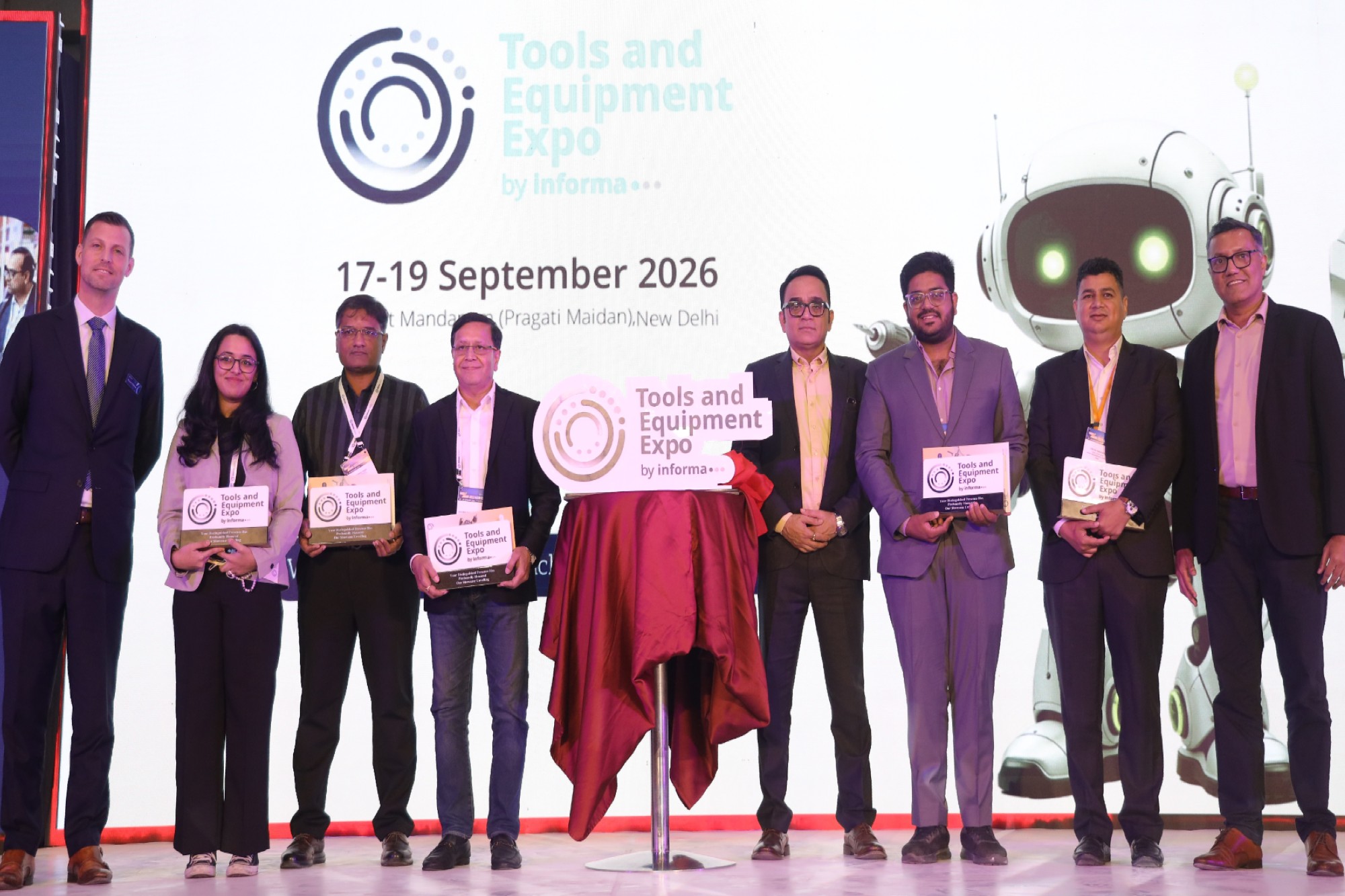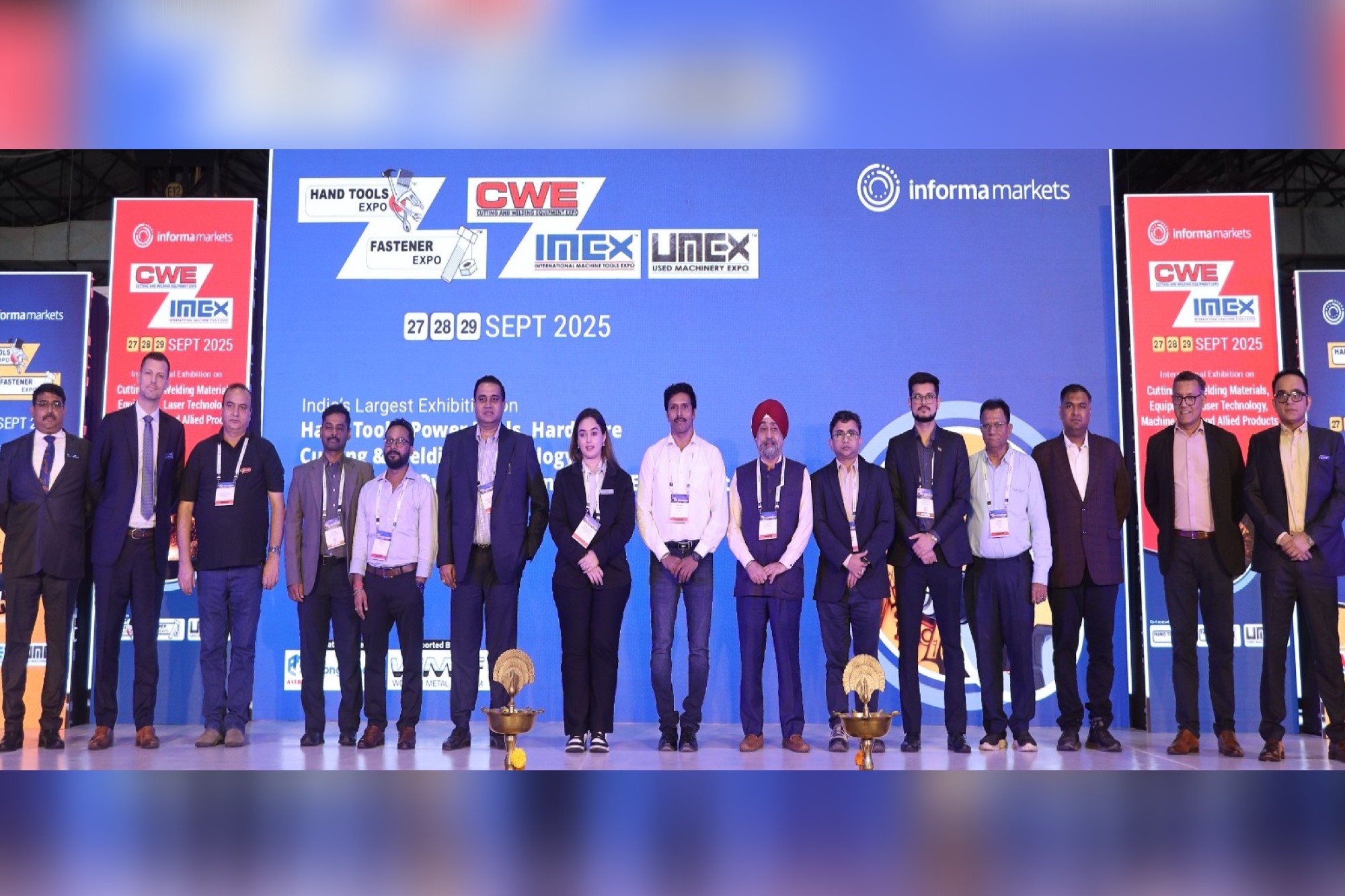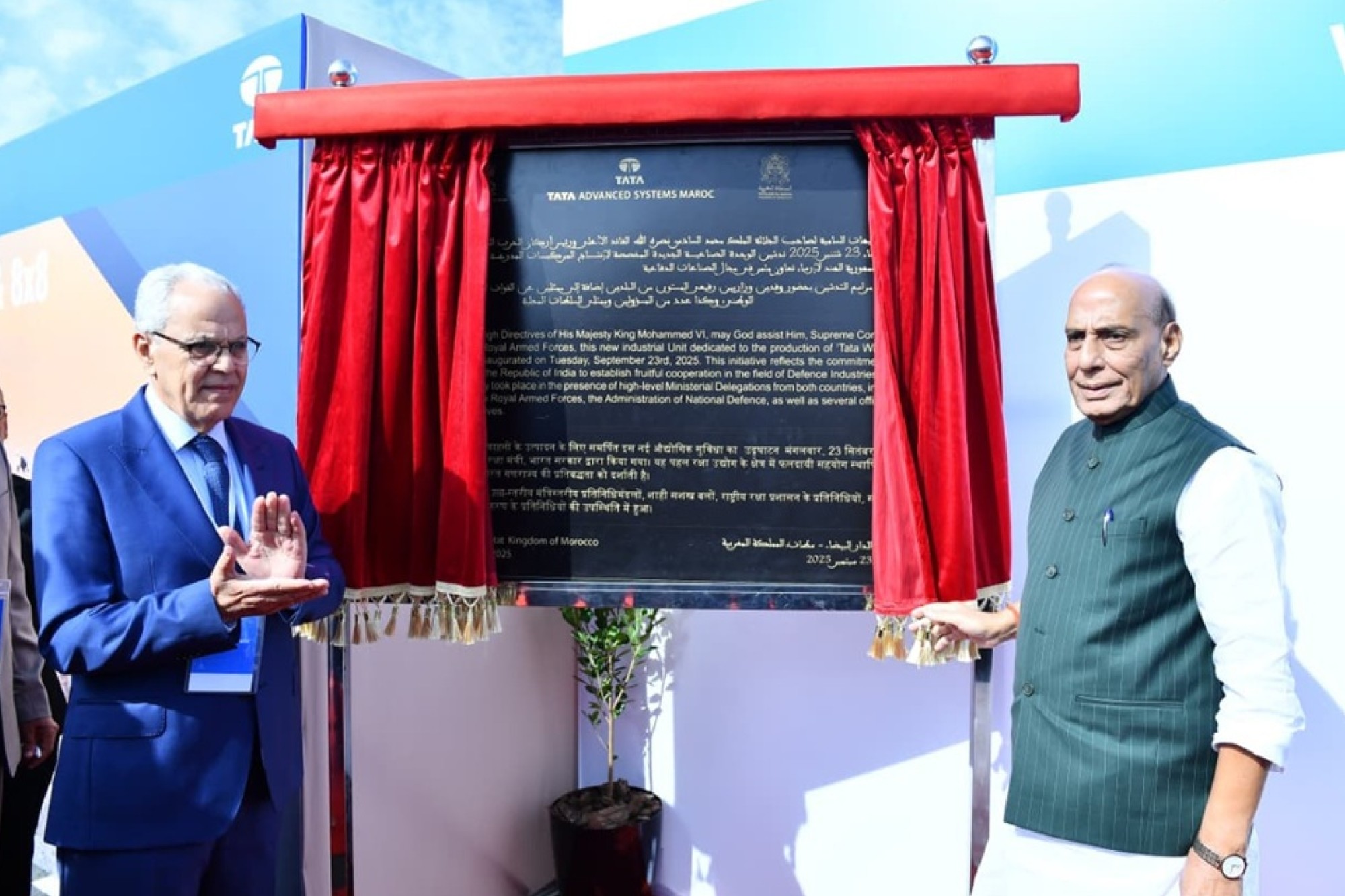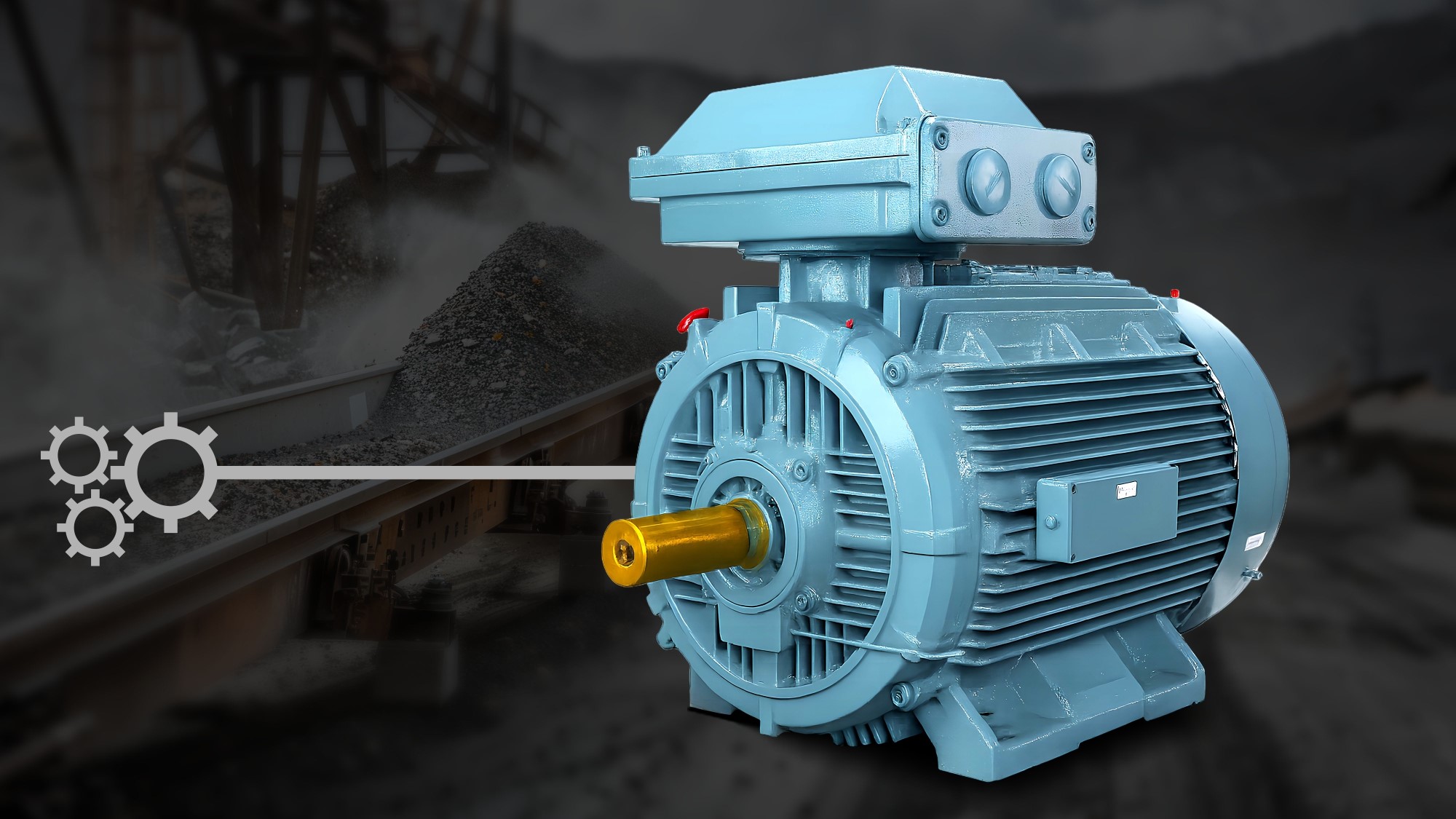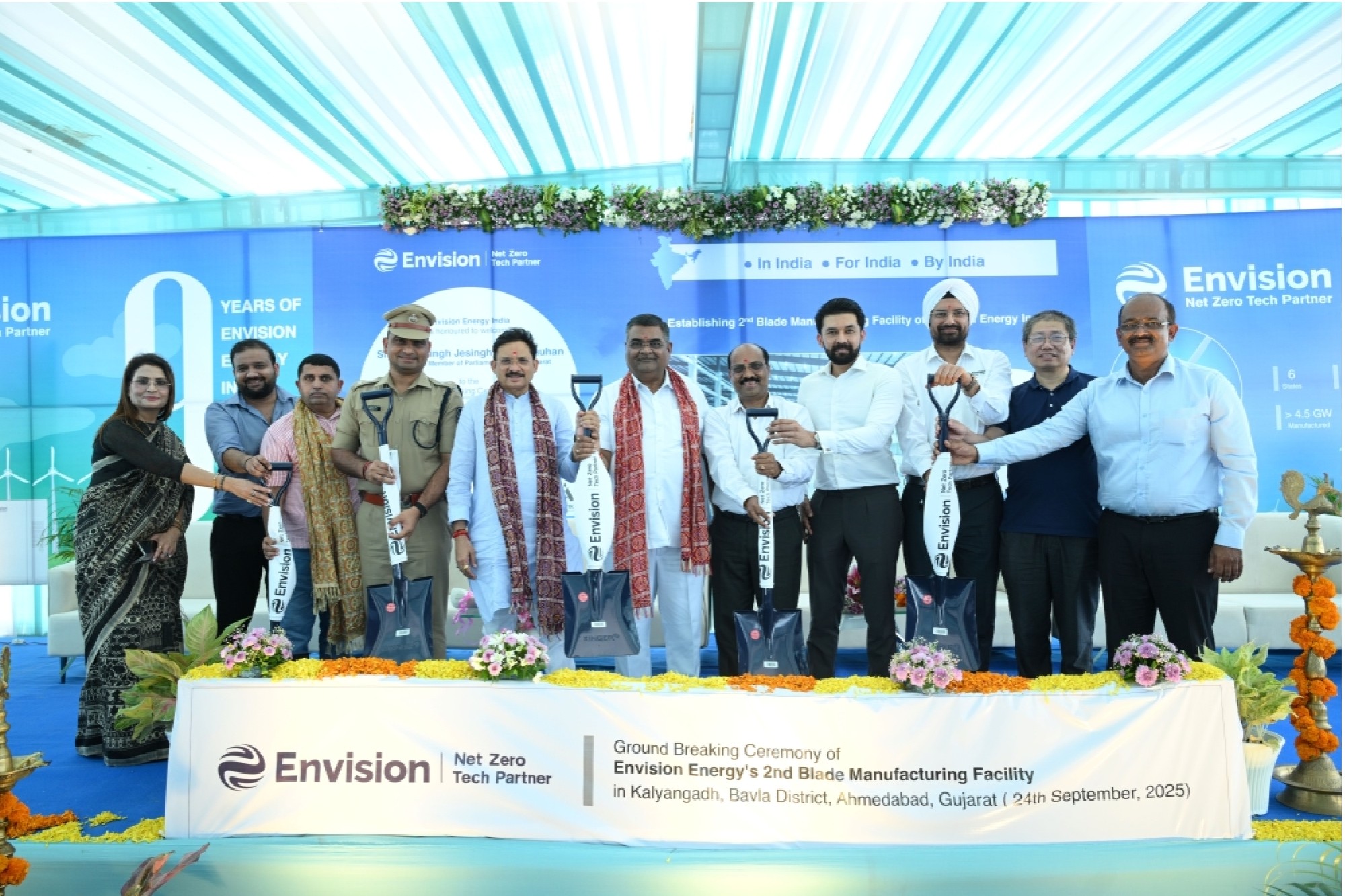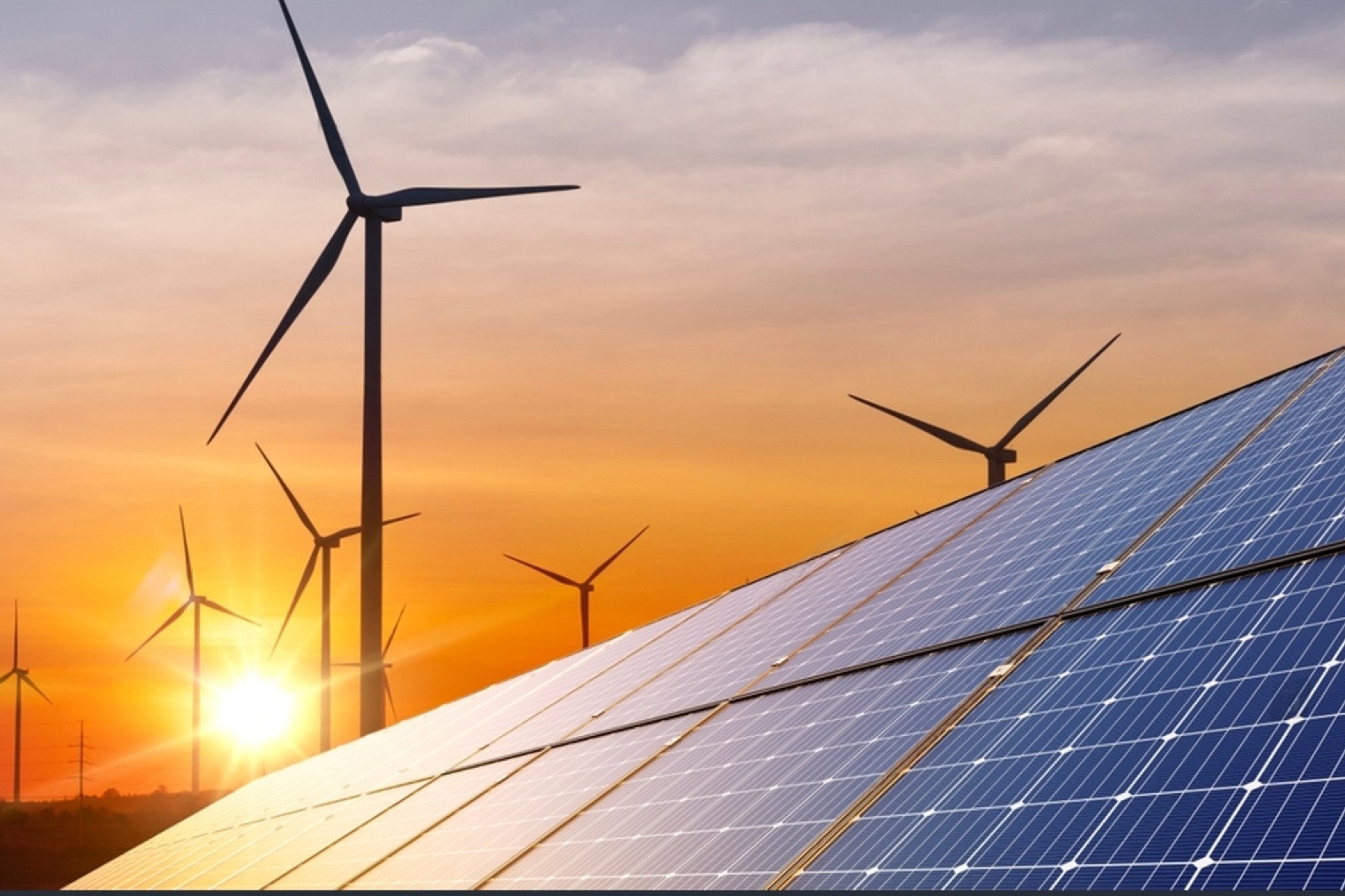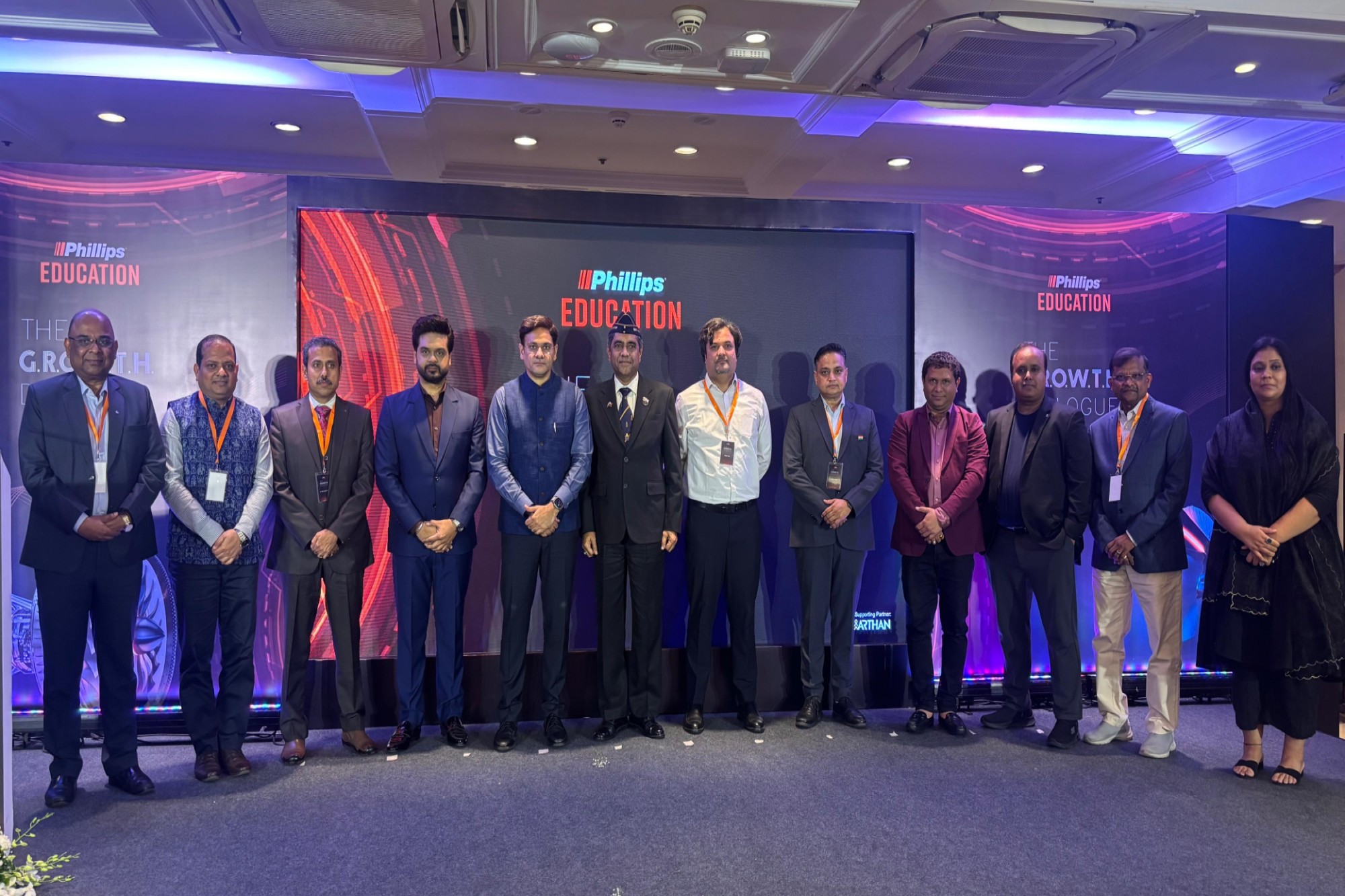Roundtable urges action on battery and e-waste policy
By Staff Report July 11, 2025 11:15 am IST
Media Fusion and Crain Communications hosted a roundtable in New Delhi to address key challenges in e-waste and battery waste management ahead of Bharat Recycling Show 2025.
Media Fusion and Crain Communications held the second installment of their roundtable series on June 27 in New Delhi, ahead of the Bharat Recycling Show 2025. The conversation centred on two crucial concerns in India’s recycling ecosystem: e-waste and end-of-life battery management.
The roundtable brought together experts and officials from many sectors to address government initiatives, policy implementation, EPR rules, and the issues of managing e-waste and battery trash.
L. Pugazhenthy, Executive Director, India Lead Zinc Development Association, stated, “The fragmented and unregulated collection of batteries in India is a major concern. While lead-acid batteries are relatively traceable, others like dry cells, button cells, and lithium-ion batteries often enter informal scrap channels or are improperly discarded. Weak enforcement, poor compliance by smaller manufacturers, and unchecked dealer practices contribute to environmental leakage. The Battery (Management & Handling) Rules, 2001, lack clarity on dealer obligations, a regulatory gap that ILZDA has raised with the CPCB, though action is still awaited.”
Satish Sinha, Associate Director, Toxics Link, noted, “Despite well-framed rules, the absence of stringent enforcement, effective penalties, and coordinated monitoring continues to enable non-compliant practices.”
Preeti Tiwari, Head of Business Development EPR, Landbell GreenForest Solutions, said, “The 2022 Battery Waste Management Rules are a positive step, but their success depends on a well-defined reverse supply chain, active manufacturer responsibility, and regular monitoring.”
Gautam Mehra, Chief of Innovation and R&D, OpenGate Global Enterprises, said, “Battery and e-waste recycling involves hazardous components and lacks sufficient infrastructure. Transparency, proper collection, and traceability are essential for responsible recycling.”
Akshit Jain, Founder, Recyclify, pointed out, “Informal recyclers handle a significant volume of waste without disclosing or documenting their processes, leaving major gaps in national-level data.”
Mitradev Sahoo, Program Associate – Electric Mobility, WRI India, and Ashok Kumar Thanikonda, Senior Program Officer, Global Green Growth Institute, shared global best practices and emphasised the importance of data in shaping solutions.
Pallas Chandel, Climate Change Advisor, GIZ, stated, “Rural and peri-urban regions are often excluded from formal collection systems. In the absence of infrastructure, e-waste is frequently burned, causing air and water pollution.”
She advocated decentralised collection models and targeted training for rural informal workers.
Sanjeev Srivastava, CEO, NAMO eWaste, said, “The absence of financial incentives is a major constraint. Targeted support for formal players can encourage adoption of advanced recycling technologies and improve infrastructure and compliance.”
India’s e-waste management market is expected to increase at a CAGR of 12.07%, from USD 2.96 billion in 2024 to USD 8.92 billion by 2033. India is the world’s third-largest producer of e-waste, accounting for about 10% of global output.
To ensure battery and e-waste recycling is safe, traceable, and sustainable, the panel unanimously recommended tighter enforcement, real-time traceability, required audits, minimum pricing enforcement, and increased public awareness.
The Bharat Recycling Show 2025 will be held from November 13 to 15 at Hall 6, NESCO Exhibition Centre in Mumbai, and will feature a concentrated commodity exhibition as well as high-level conversations to accelerate industry transformation.
Cookie Consent
We use cookies to personalize your experience. By continuing to visit this website you agree to our Terms & Conditions, Privacy Policy and Cookie Policy.





